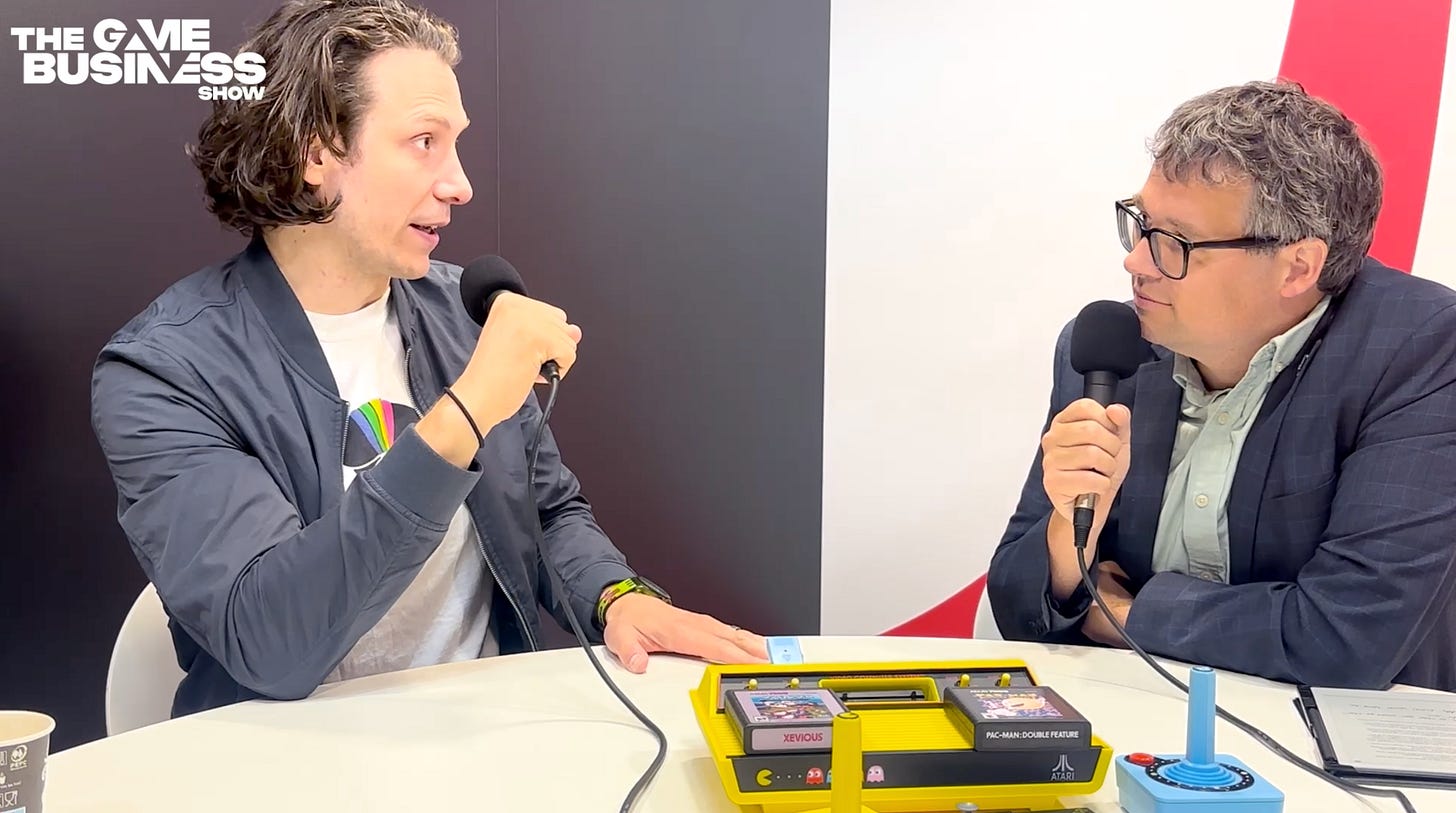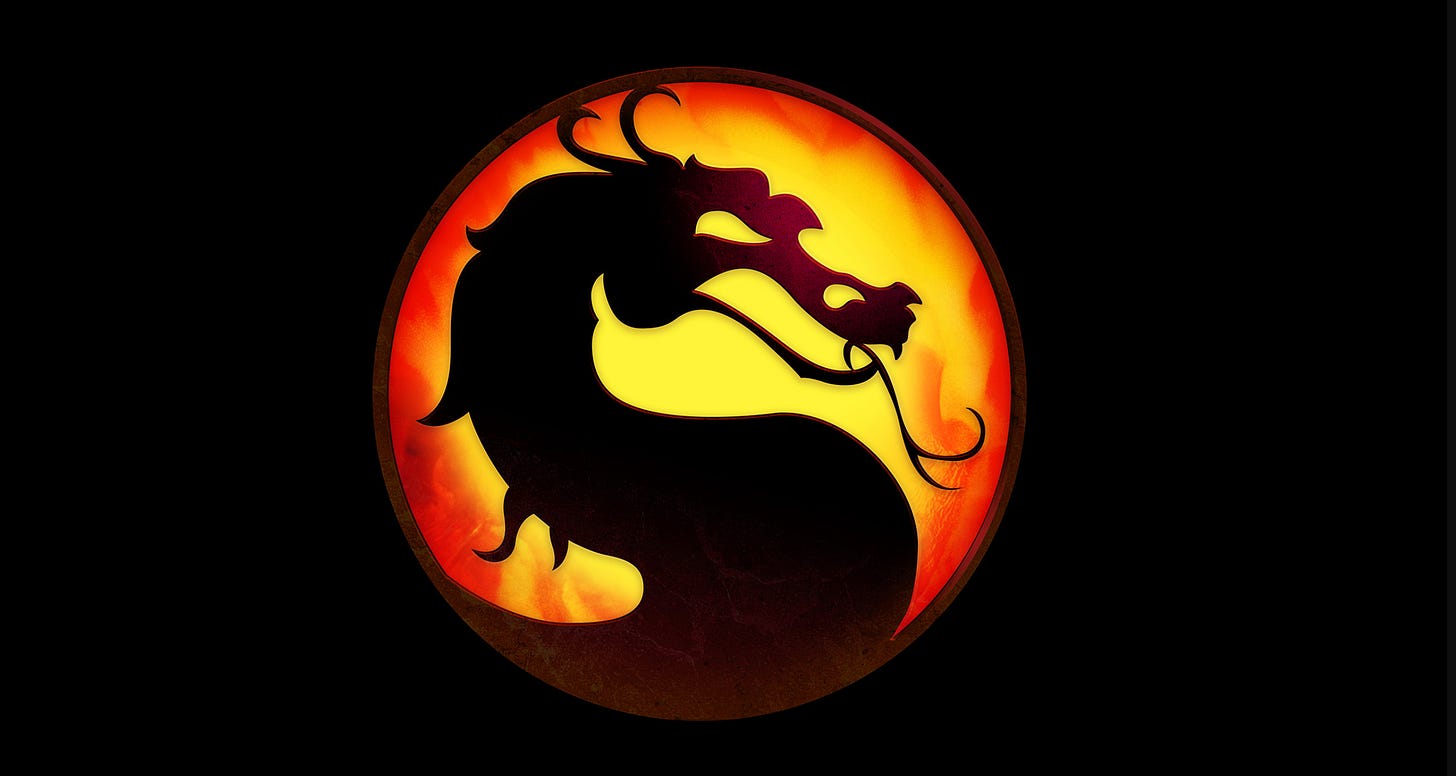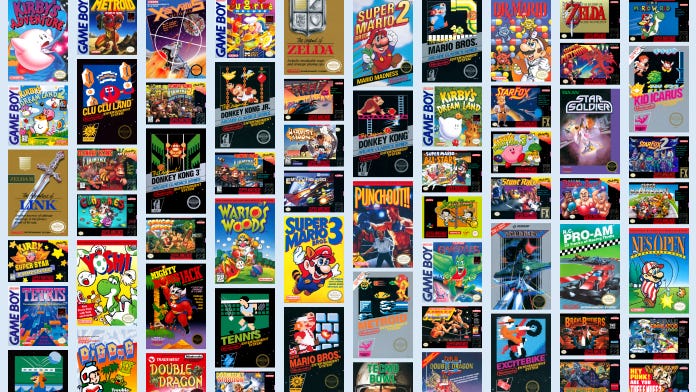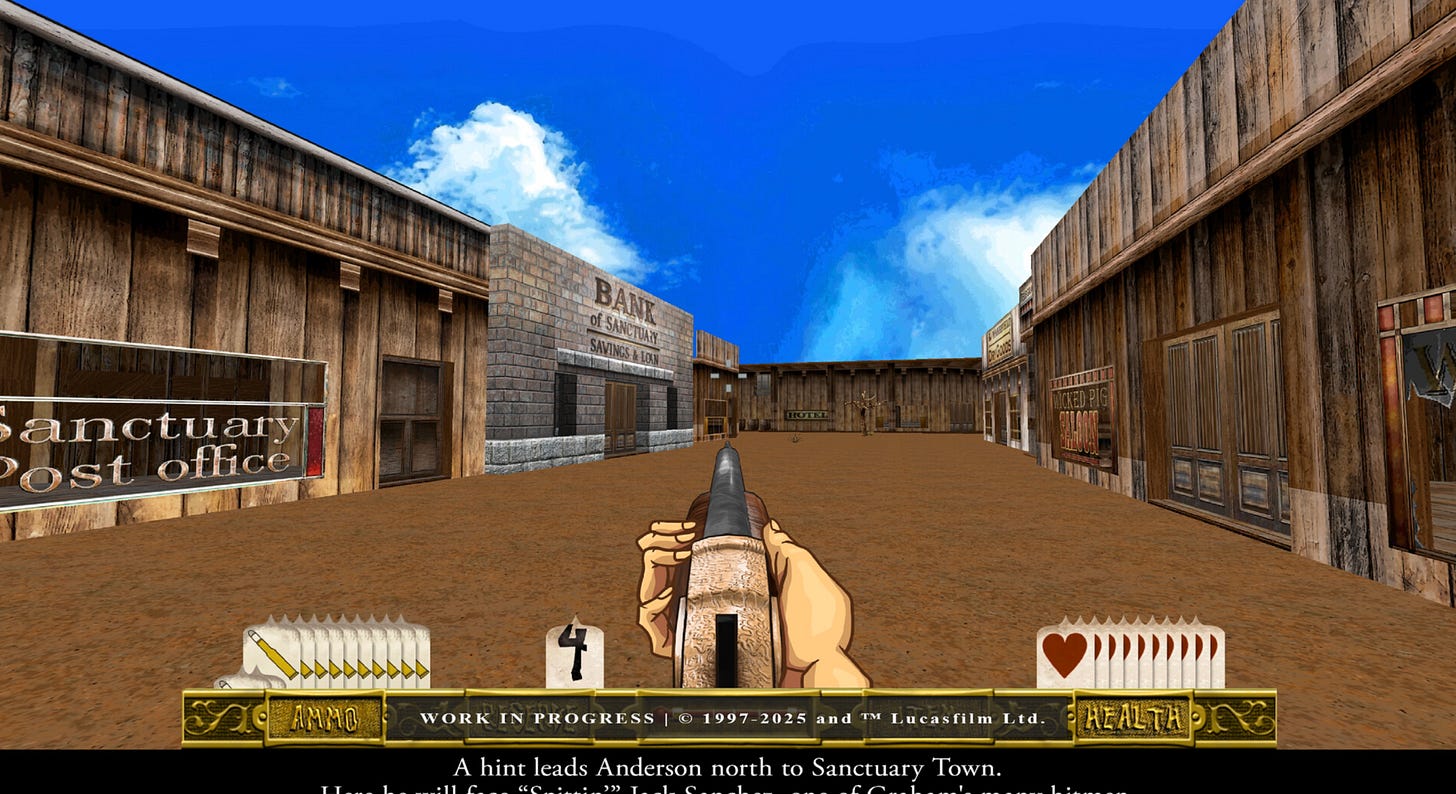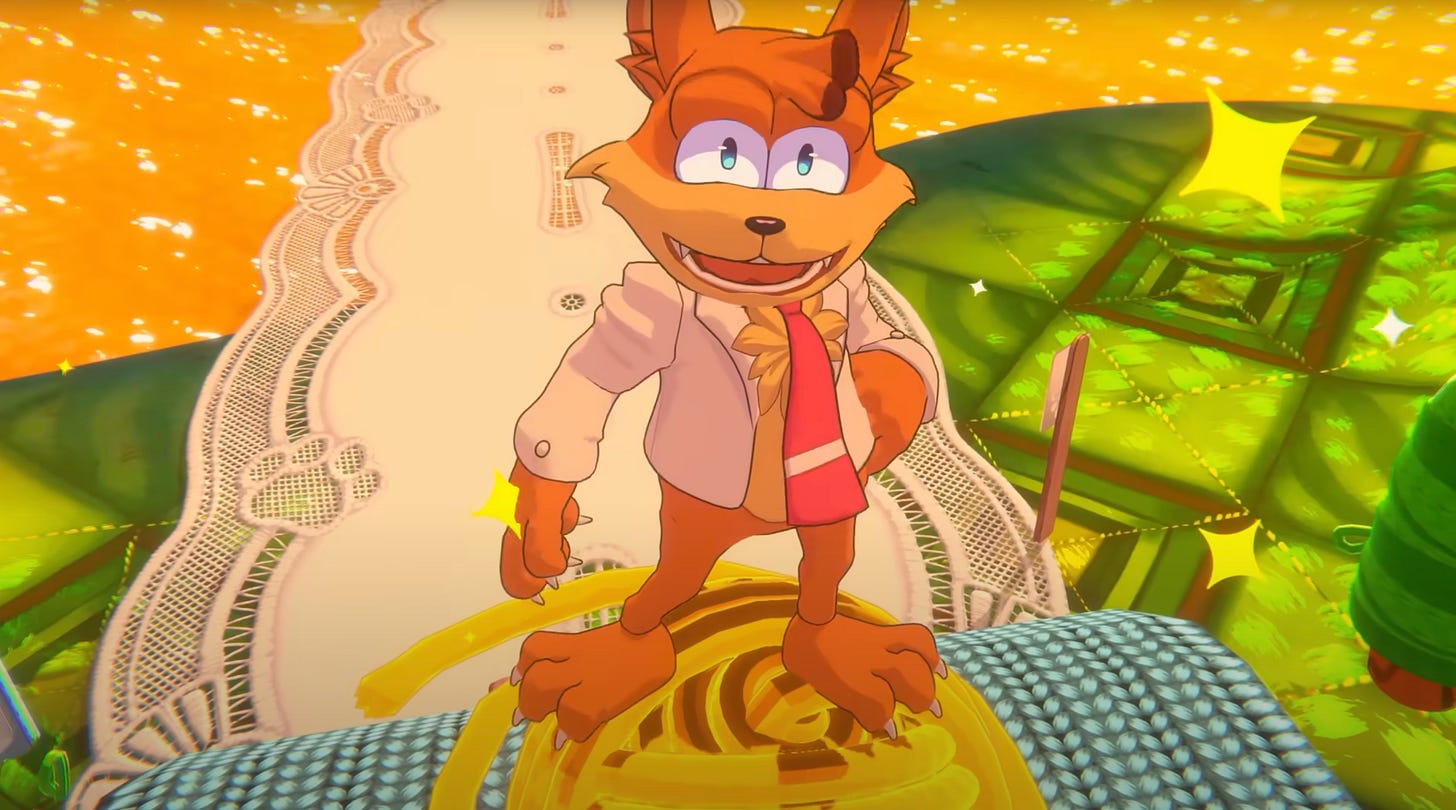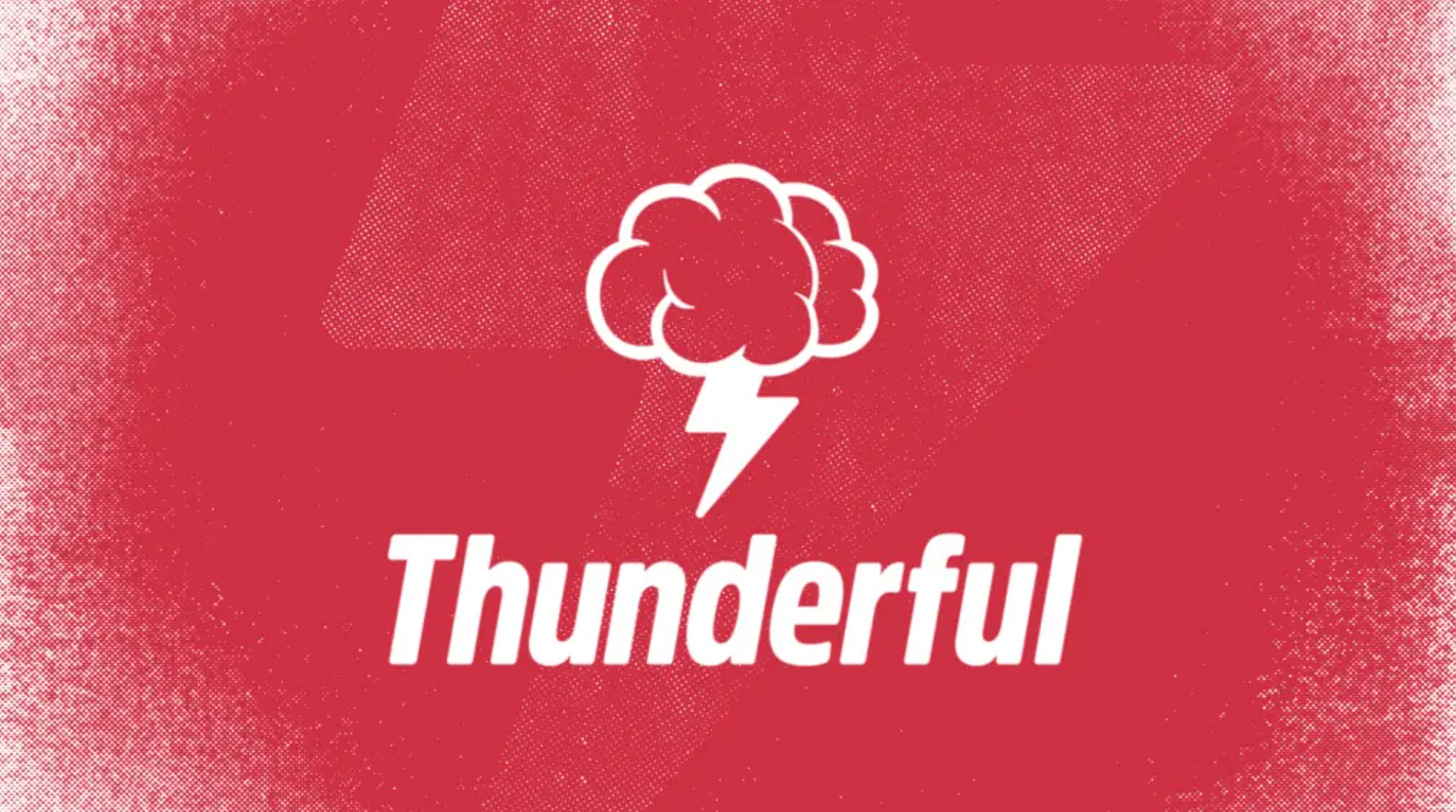Listen now on Apple, Spotify or YouTube
In This Edition
Atari CEO Wade Rosen…
- The hyper competitive retro scene
- Competing with free ROMs
- The impact of AI
- Remastering forgotten gems
Hello! Just a quick note to say that our Reader Survey closes on Thursday! I would love to hear about you, your thoughts on TGB and what you think we should be doing next. It should only take a minute. If you can spare that, the survey is here.
Atari wants to be the ultimate retro games company. But does it make business sense?
You’ve probably heard the Atari story by now.
After decades trying (and failing) to find its place in the modern video game industry, it’s embraced its nostalgic name to become one of the world’s foremost video game retro companies.
It’s acquired numerous classic game brands to sit alongside the ones it already owns. It bought two of the industry’s best regarded remaster specialists in Digital Eclipse and Nightdive Studios. It’s even invested in retro websites, such as AtariAge and MobyGames.
Over the last year, it’s starting to spread out beyond retro (slightly), first by relaunching Infogrames as a label that works on a spectrum of games. And this month it acquired the majority of indie publisher Thunderful.
All of this has come under the stewardship of CEO Wade Rosen, and if the critical and fan reception is anything to go by, the strategy appears to be paying off.
But is it really? Currently, Atari isn’t a profitable business. It is operating in a sector awash with emulation and (usually illegal) downloading. And wants to lead a market that’s becoming increasingly competitive by the year.
In today’s episode of The Game Business Show, I have a candid chat with Wade Rosen about the current state and potential future for the retro and classic games market.
You can watch or listen to the whole exchange above. Or alternatively, I’ve selected the key moments from the interview below. Enjoy!
Sponsor Message
Green Man Gaming on Gaming for Good
Green Man Gaming is creating new revenue streams and discoverability options that will help businesses extend games’ lifecycle and grow their audience.
It recently revealed its Charity Bundles platform: a curated way for publishers to reach new audiences, generate incremental revenue, and support causes that matter. The platform offers transparent stock levels, instant key fulfilment, and regional pricing - all while raising funds for charities like SpecialEffect’s One Special Day. Get involved at: www.greenmangaming.com/company/charity-bundles.
Elsewhere, Green Man Gaming Distribution is a new service that helps studios boost discoverability by activating titles across 180+ vetted retailers, reaching over 100m gamers and delivering up to 20 - 30% more revenue compared to Steam-only sales.
Retro game companies biggest challenge: ‘How can we be better than free?’
One of the biggest challenges facing the retro game business is the popularity and prevalence of emulation and ROMS.
This isn’t just in terms of ports, either. There are classic games that are modded, updated and improved over their originals. For example, there is an illegal/unofficial version of GoldenEye available that is superior to the 2023 remaster.
As a result, companies like Atari have to offer more with their products, whether that’s technical improvements, documentary content or even extra levels that were cut from the original.
“Retro has to confront something that a lot of modern gaming used to confront, but really doesn't anymore… and that’s how to be better than free?” Rosen told us. “The challenge when you're working in retro is… how do you make something so appealing that you will pay for it rather than do something for free?
“It's not enough to just put the games in a box. We all know what that looks like. That's not that compelling. So, what kind of context can you give around it? What additional information can you give? How can you make the games… not easier in difficulty, but more intuitive?
“People will certainly pay for things that are a better experience, a smoother experience, and a richer experience. And so that is what we aspire to. How do you just make this so good that somebody will want to pay for something that they probably could have, illegally, obtain pretty easily.”
Atari CEO is worried by the amount of retro competition
The retro games scene is expanding. There are subscription services featuring classic games from Nintendo and PlayStation. Most major publishers are proactively remastering, remaking and re-releasing classic titles. And we’re seeing a prevalence of specialist retro hardware.
The competition is certainly fierce, and we asked Rosen whether the market is really big enough to sustain this level of retro output.
“Honestly, I don't know,” he said. “We've been doing this for a long time. This was something that we set about doing over four years ago. Nightdive was doing it well before that. Digital Eclipse has been doing this for almost two decades.
“This industry is interesting. I haven't been in it that long, but I do see these tendencies where people will be like, ‘oh, this is what we're going to do now’, and then everyone just piles into that.
“It does worry me that this is one of the things people have shown a lot of interest in, because it'll probably pull down the average quality of [these games]. Will that eventually destroy the interest in those in general? It’s something we need to keep in mind. It might be an issue. That said, the advantage we have is that [our companies] are not doing this for an opportunistic reason. They're doing this because they absolutely love it. This is what they want to be doing. And even in a crowded market, they can stand out.”
“It does worry me that this is one of the things people have shown a lot of interest in, because it'll probably pull down the average quality of [the games].”
He added: “People pick up Nightdive games even though they've never even heard of the game. It’s for the sheer fact that Nightdive is making it. If you’re not a [company like that], you just have to stand on the quality of the IP itself. And those are limited. There are only so many Silent Hills out there, and Bloober Team did a great Silent Hill 2. But Nightdive has an advantage of being known for this.”
There is a logic to remastering lost/forgotten games
Nightdive is an interesting company. The developer is best known for remastering (primarily) shooter games from the mid-1990s to the early 2000s. It’s worked on some major classic games based on Quake, Doom and Star Wars.
But it’s also worked on some obscure ones. Last year it released the bizarre shooter PO’ed, and its big game Gamescom reveal was the forgotten 1990s shooter Outlaws.
“When we come up with what we're going to work on it, it's a collaborative process, but we do like leave a lot of that up to the dev teams,” Rosen explained. “And then once we decide, we work with them to secure the rights.
“It’s a bit like the actors who do the big one for Hollywood, and then do the indie film, and then they do the one for Hollywood. But where the real magic happens is when you’re not having to choose. Mortal Kombat is a good example of that. That was probably the No.1 game Digital Eclipse wanted to do. And that's something that the community really wants. We're very excited about that and we think it's going to do really well.
“But there’s always going to be a few that mean a little bit more to you than maybe have the commercial viability. And that’s ok.”
It might not seem to make commercial sense, but there is some logic to it. Nightdive release around four games a year, which has allowed it to build a community of fans. As Rosen said, there are Nightdive players who perhaps came in for Quake, abd then went and gave PO’ed a play.
“It’s making sure that you're staying engaged and relevant with your community,” Rosen sajd. “If you’re only doing one or two a year, then you can’t really do the PO’eds or the Outlaws. You’re only going to be able to take the really big swings. The reason why we do four a year, is it allows us to take more risks.”
Producing sequels to retro classics is hit and miss
Atari may be known for retro games and hardware, but not everything it builds is old. It frequently creates original works, including sequels to some of its classic brands. And Rosen admits that this is the least predictable part of its operation.
“The originals are the biggest swings that we take because you’re taking what are fundamentally very simple games and having to adapt them to a modern audience,” Rosen said.
One example of such as project is 2024’s Yars Rising, which is a WayForward-developed game based on an Atari IP from 1982,
“Some of those work, some of those don't, some of those review critically well but maybe don't perform as well commercially,” Rosen added. “It's all over the board, but it's definitely something we still want to try to do because, ultimately, we do have to breathe new life into the IP. The important thing for us is we know where the risk is. And we’re willing to take risks. But if it's all risk, then you don't have a company at the end of the day. So, we try to be smart about it.”
The firm is optimistic for the new Busby game it revealed at Gamescom. Despite the franchise’s dodgy reputation, the announcement generated a lot of attention on social media, even rivalling the likes of LEGO Batman and Call of Duty at one point.
“It remains to be seen whether that virality can translate into game sales and how much of that is due to infamy in prior games,” Rosen said. “But we would love to be the team that makes the first great Bubsy game.”
Atari would like to one day be known for more than just retro
For all of the retro talk, Atari is starting to broaden beyond classic games.
Last year, the firm relaunched its Infogrames label, which looks over titles such as Totally Reliable Delivery Service and Surgeon Simulator. These games are certainly not new, but they’re not retro, either.
And just this month it has acquired a majority share in indie publisher Thunderful. Thunderful’s games are often a little nostalgic, but there are some more modern concepts in its line-up, too.
“We're trying to be the best that we can be at this, but I would love for Atari to be more than just retro games at some point in the future,” Rosen admitted.
“We found our place for now and we're going to continue to develop that. And what it means to be the best at retro games might evolve over time, as retro itself evolves and that definition changes.”
Rosen is wary of a ‘massive deluge’ of AI-made games
Microsoft released an AI-generated tech demo of Quake II in April this year, which generates level content on the fly based on player behaviour.
It’s part of the firm’s Muse AI, which Microsoft games boss Phil Spencer believes, amongst other things, can help bring classic games back to modern platforms.
Atari isn’t against AI, but outside of some help in testing, it hasn’t incorporated AI in a meaningful way (yet). But what about the possibility of AI causing an influx of retro games in the marketplace?
“That’s an issue for games at large,” he said. “I feel like retro and classic is maybe more attuned to ride through that. Because like I said, we've already had to confront an industry where there are readily available, free alternatives for a lot of retro gaming. That’s already raised the bar for us. Will AI allow for things to be done quickly and poorly? I just don’t know if the market will tolerate really poor versions of things.
“The larger question for me is that… the low-code environments allowed a lot of games to be made quickly, which has created a pretty big discoverability issue in games. When you go to a no-code environment, that'll just amplify that further. The amount of demand versus the amount of content that’s in the market, that is not changing and if anything, it will most likely accelerate.
“So when I look at AI… if we think there's a lot of games being posted on Steam right now, what happens when you don't need any coding? The deluge of games will be massive. And I don’t really know what happens there.”
That’s it for today. We’ll be covering the retro/classic games market more in upcoming editions of The Game Business Show and Newsletter, so stay tuned for that.
And we’ll be back on Thursday as we dive into some of the latest legislation impacting video games, including the need for age verification. See you then!



